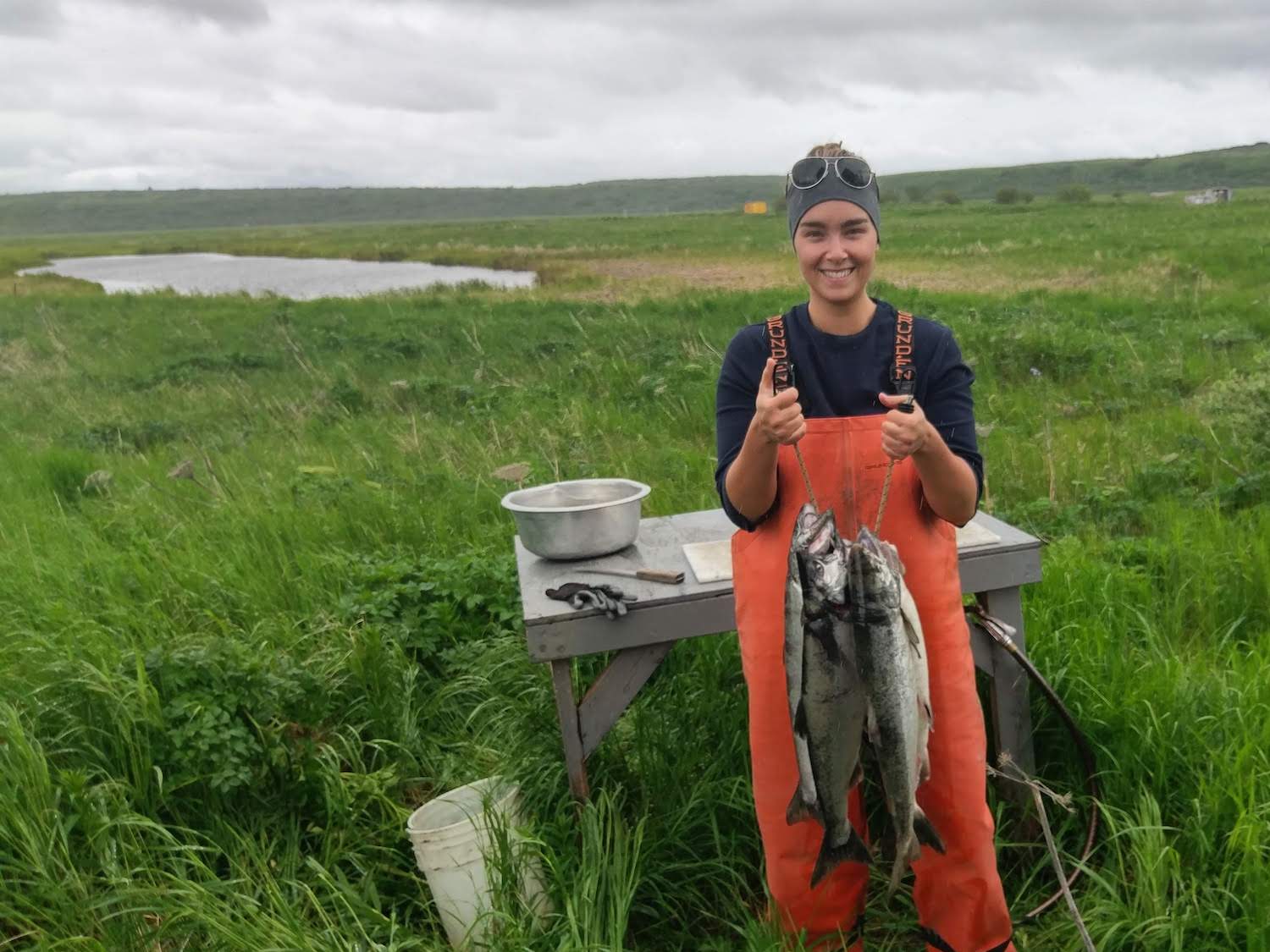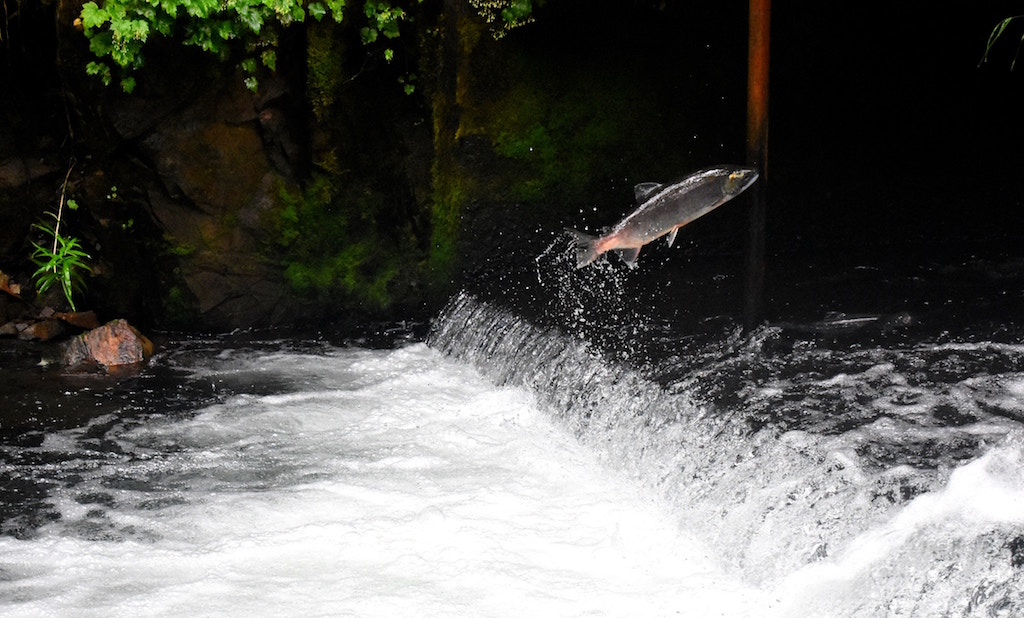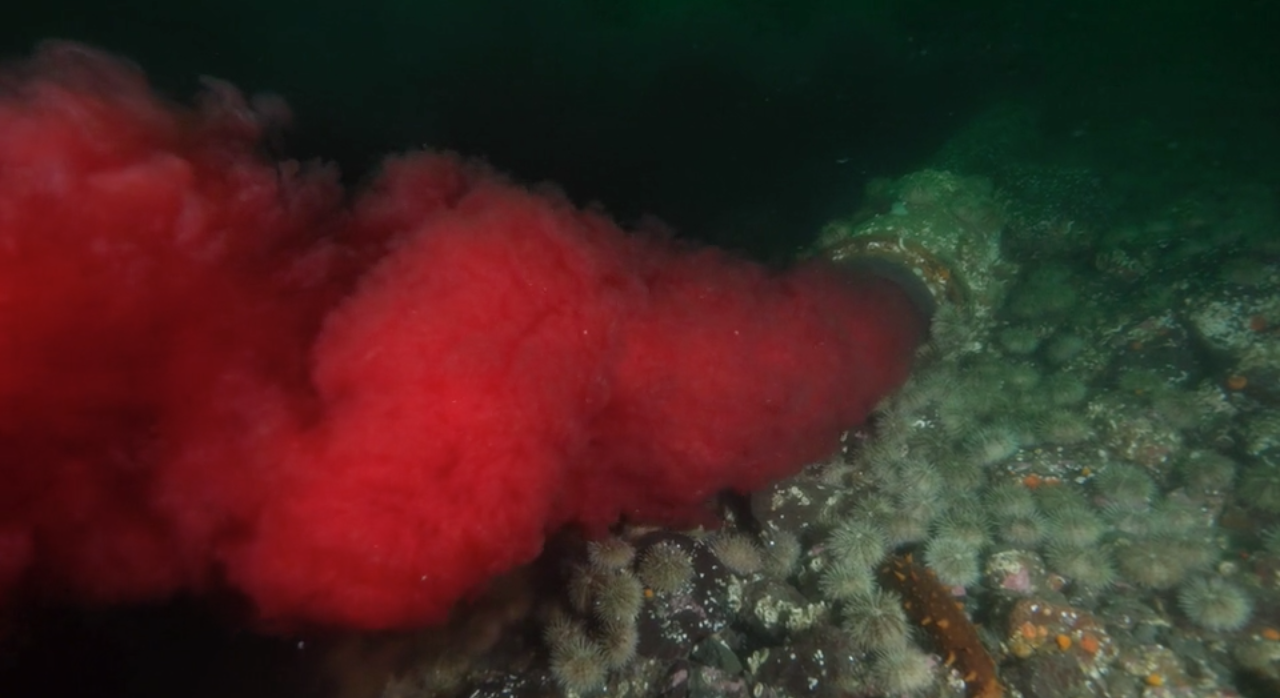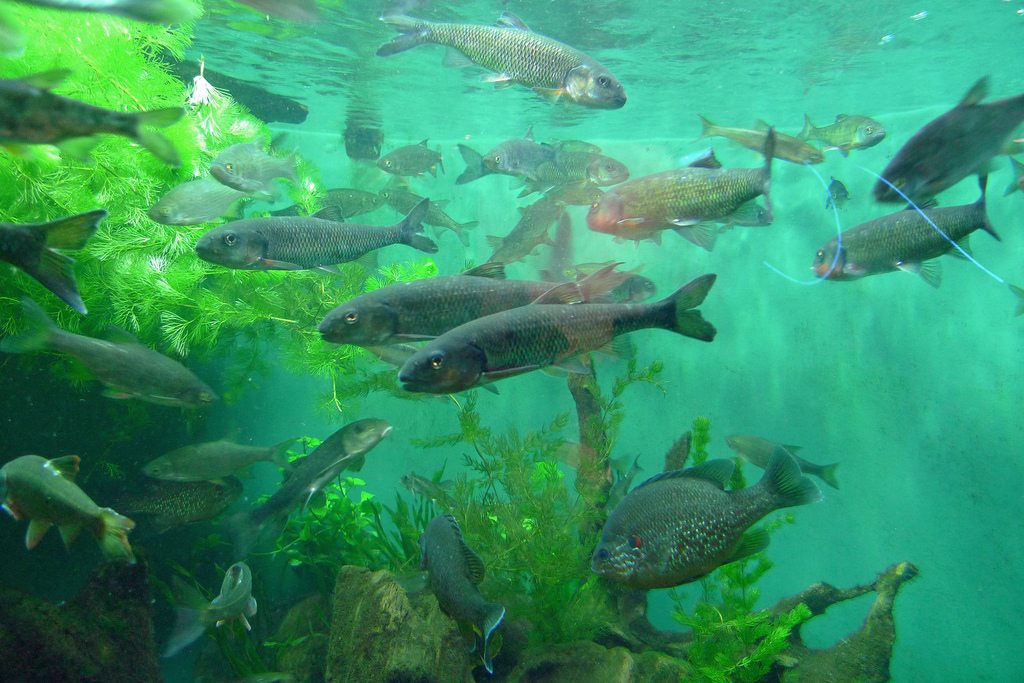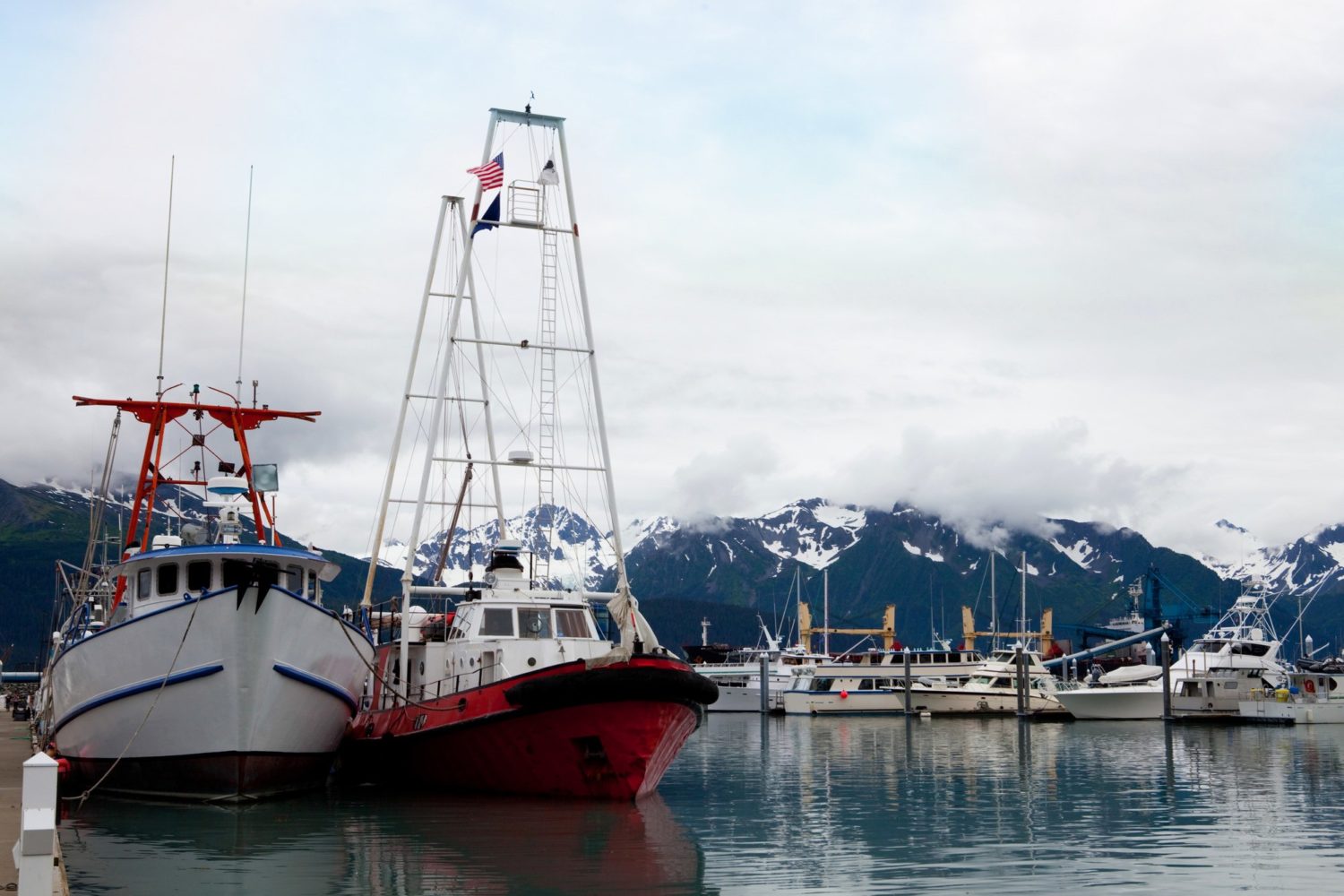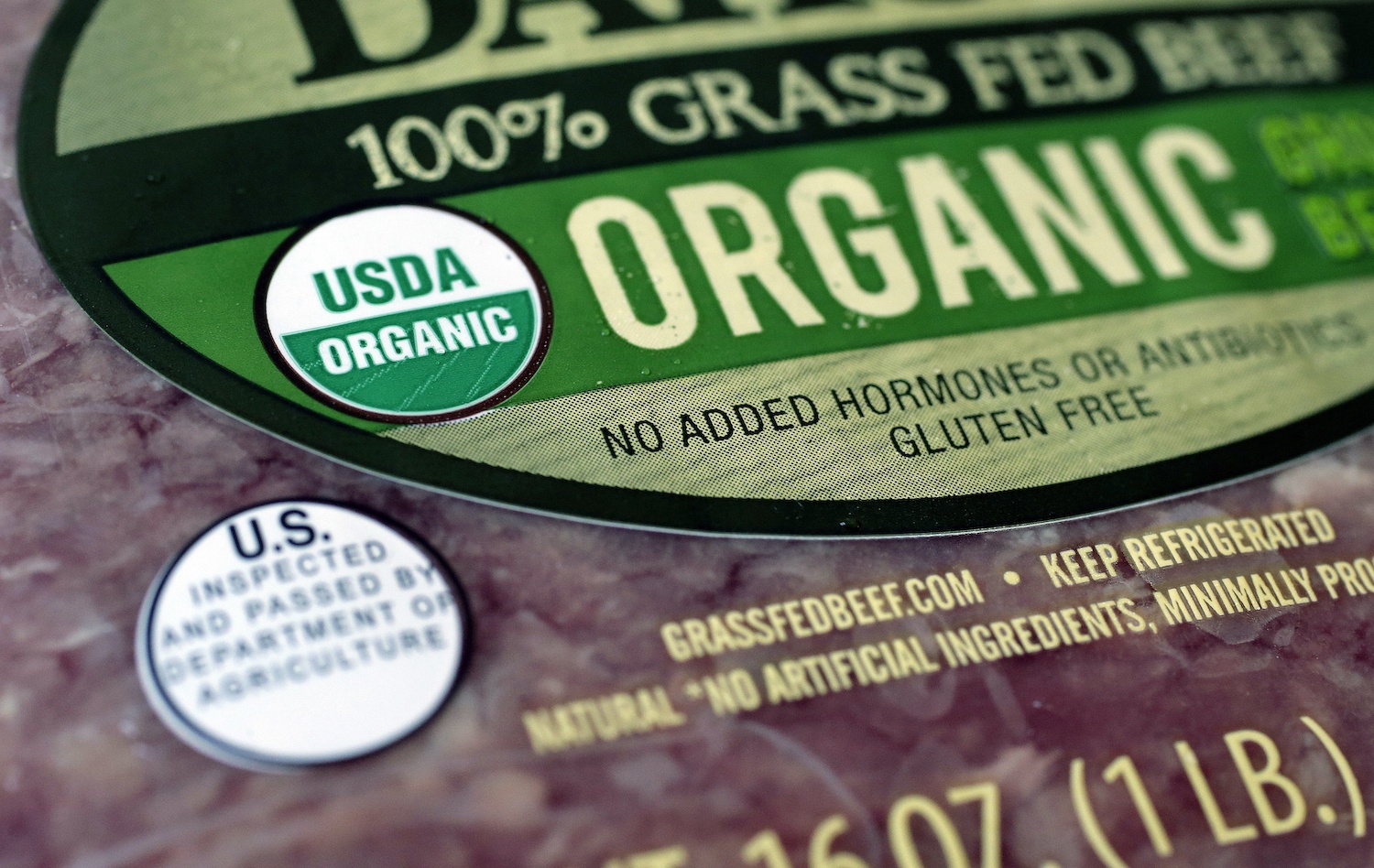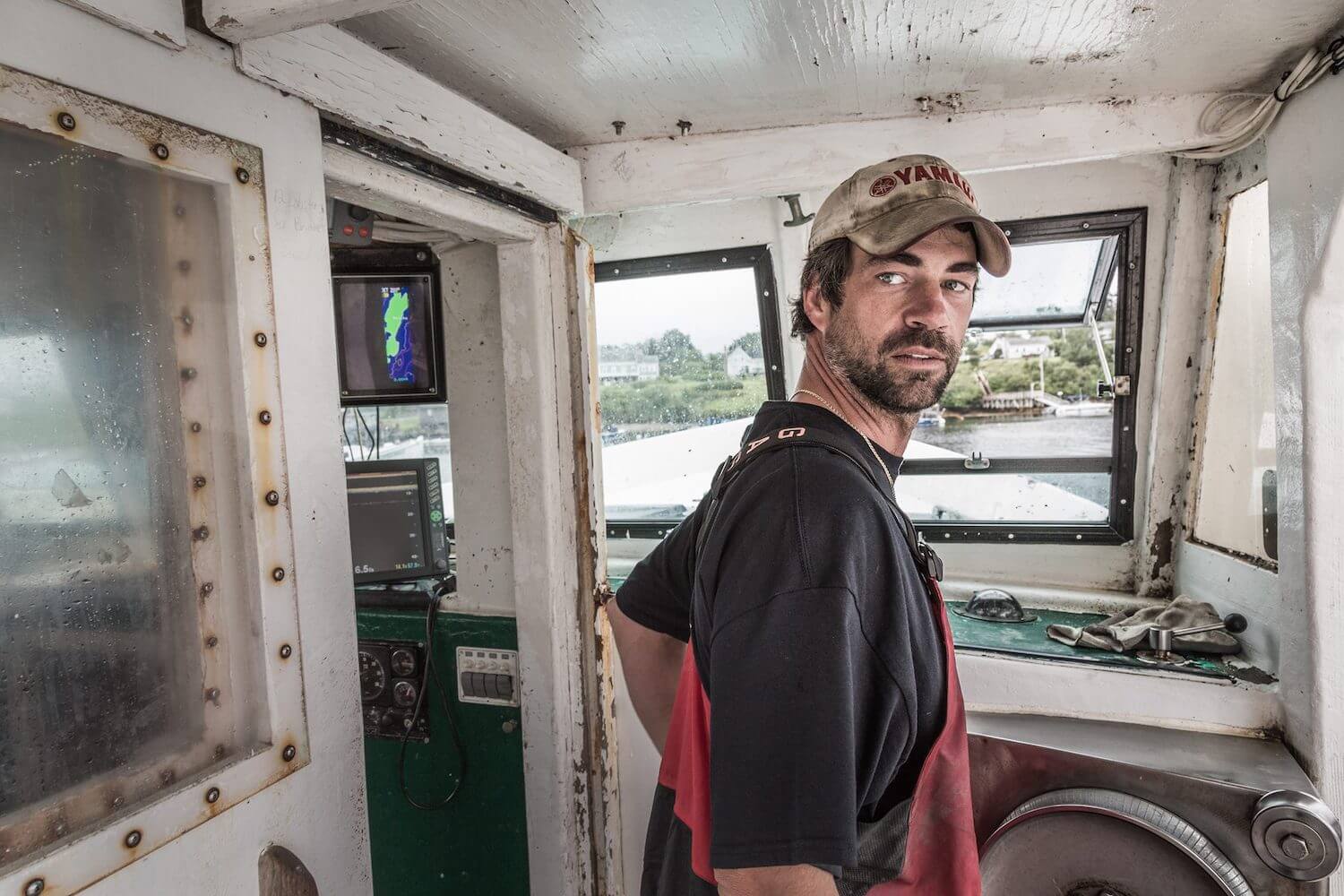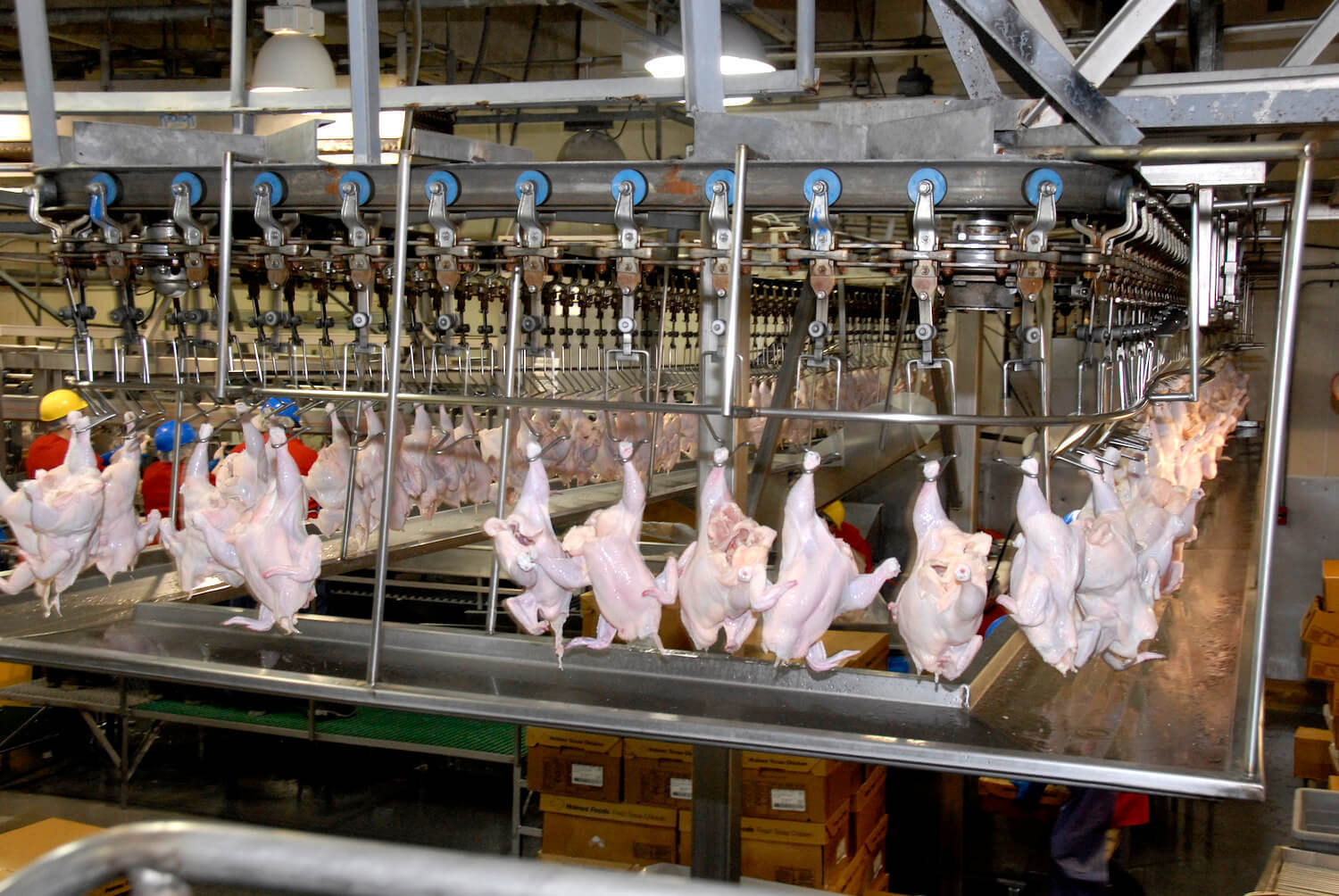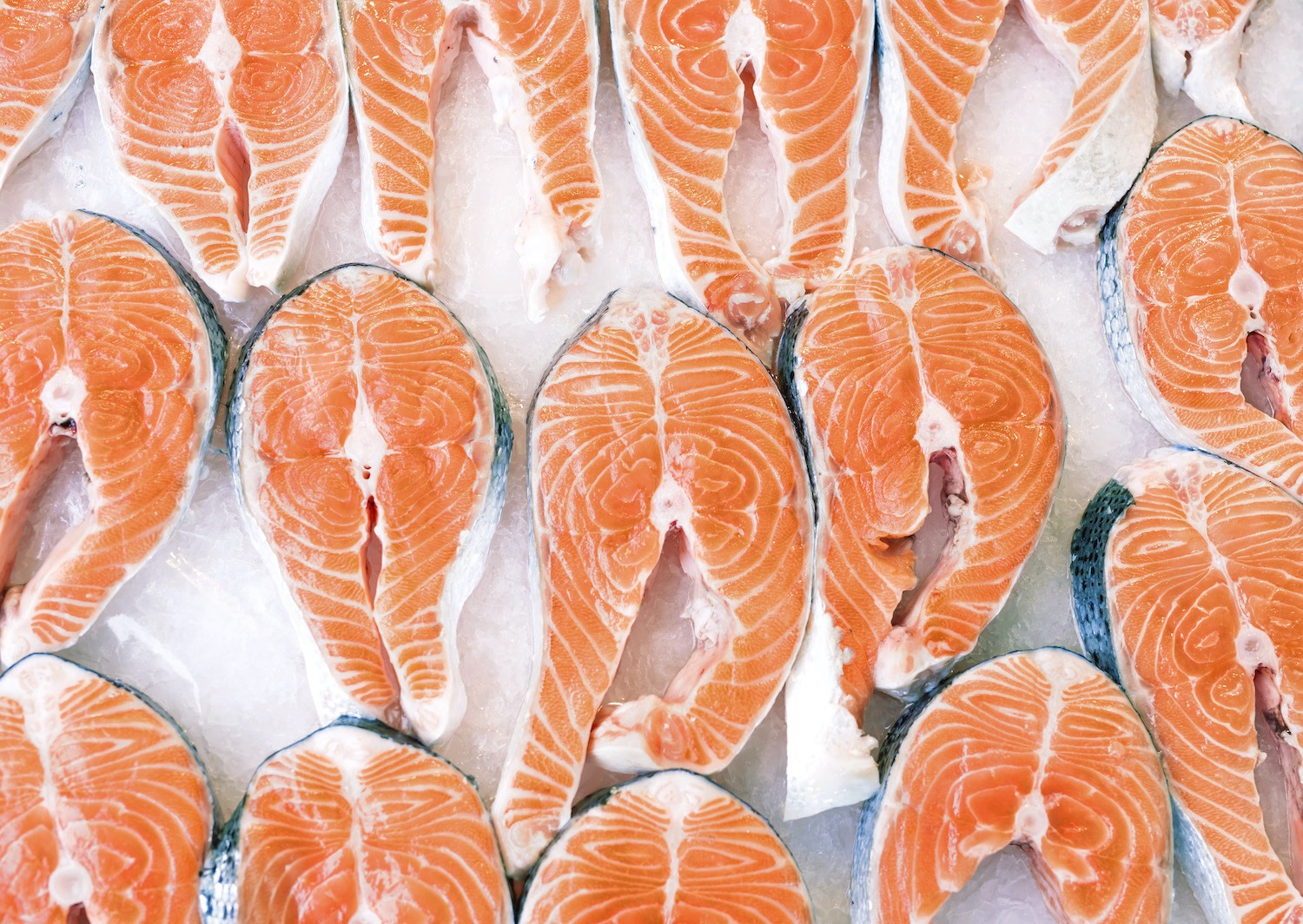
iStock / zozzzzo
Consumers assume “all natural” means all sorts of things, but probably not salmon raised with antibiotics, formaldehyde, and bleach.
Choose your breakfast: “sustainably sourced, all-natural smoked salmon from Maine,” or “high-density, farm-raised smoked salmon from Chile, Norway, Iceland, or Scotland (we’re not telling which) treated with medically important antibiotics.” The former, right?
A recent lawsuit brought by the Organic Consumers Association on behalf of the people of Washington, D.C., accuses fish distributors Mowi Ducktrap and Mowi USA of deceptive marketing of smoked salmon sold under the brand Ducktrap River of Maine. Fish marketed as sustainable salmon from Maine was allegedly raised on fish farms outside the U.S., using antibiotics including oxytetracycline (which is also used to fight infections in humans) and a formaldehyde-based disinfectant and bleach, according to internal audit reports cited in the complaint.
If a fish was farmed in Canada and shipped to a smokehouse in Maine, it really is “from Maine,” in the eyes of U.S. regulators.
Similarly, a lawsuit brought in late June by animal rights advocacy group Animal Outlook against Cooke Aquaculture and its True North brand alleges that the company’s claims that its fish are grown in “sustainable” aquaculture systems amounts to false advertising. Both suits were filed by Richman Law Group.
Here’s the thing: There’s no concrete, enforceable definition of “natural” or “sustainable” when it comes to food packaging. As for the “from Maine” claim—well, that’s technically fine, too. Seafood doesn’t have to be labeled with its country of origin unless it’s being sold raw or unprocessed. If a fish was farmed in Canada and shipped to a smokehouse in Maine, it really is “from Maine,” in the eyes of U.S. regulators.
What the Organic Consumers Association is arguing—and has been arguing for several years now—is that the claims on the smoked salmon packages amount to false advertising because the marketing terms don’t match what consumers think they mean. Surveys have indicated that grocery shoppers believe words like “natural” mean “grown without pesticides” or “antibiotic-free.” In reality, the Food and Drug Administration doesn’t regulate “natural” much at all. As we reported back in 2018, the agency defines the term loosely as a product made without the addition of anything artificial or synthetic that a consumer wouldn’t typically expect.
Without any clear definition of marketing buzzwords like “sustainable” and “healthy” (which technically does have an official designation, but as we reported last year, it’s “famously nebulous”), a cottage industry has sprung up around litigating claims on food packaging. a cottage industry has sprung up around litigating claims on food packaging. In the past three weeks, Richman Law Group—which filed both of the salmon suits—has also sued Tyson for making false claims about its chicken being raised on family farms, and Champion Petfoods for misleading consumers about animal welfare. The New York Times reported in 2018 that more than 300 would-be class-action lawsuits have been filed over the previous three years alleging that “natural,” “sustainable,” and other marketing terms mislead consumers. (In fact, the trend has been so pronounced for so long that Food Navigator speculated that it had peaked back in 2014.)
Claims on smoked salmon packages amount to false advertising because the marketing terms don’t match what consumers think they mean.
In the spring of 2018, FDA Commissioner Scott Gottlieb generated a lot of buzz when he said he wanted to define “natural” and “healthy.” A few years prior, the agency had solicited public comments on the “natural” issue. It received more than 7,600 responses. But after Gottlieb’s splashy announcement, not much changed. A proposal from the agency to define the terms never materialized, and the Commissioner abruptly resigned the next year.
Without intervention from the FDA, it’s likely these lawsuits will continue to churn through the legal system. In the meantime, salmon will continue to swim upstream off the coast of Maine. Just not the ones labeled “Ducktrap.”
Clarification 8/19/2020: We added a parenthetical next to the word “healthy” to clarify its official definition

